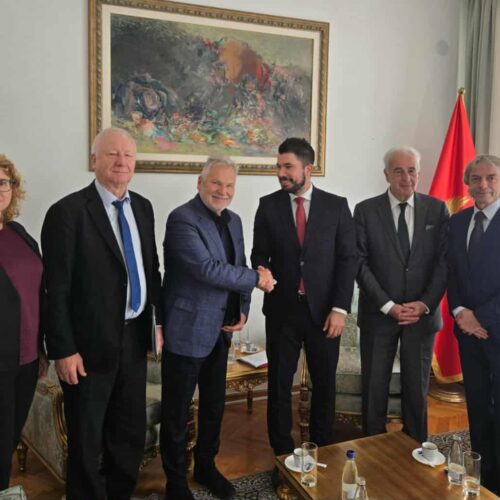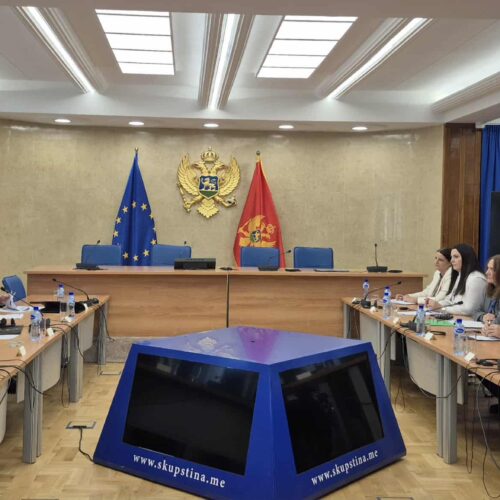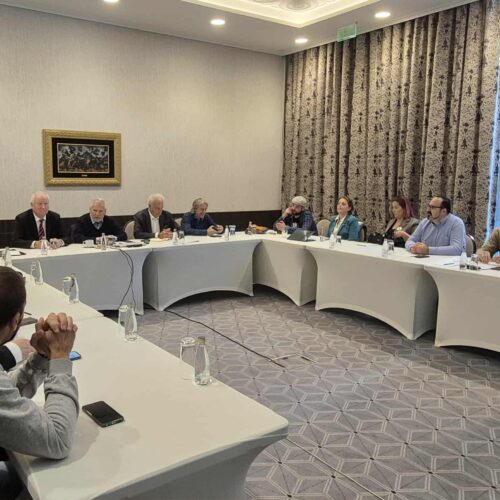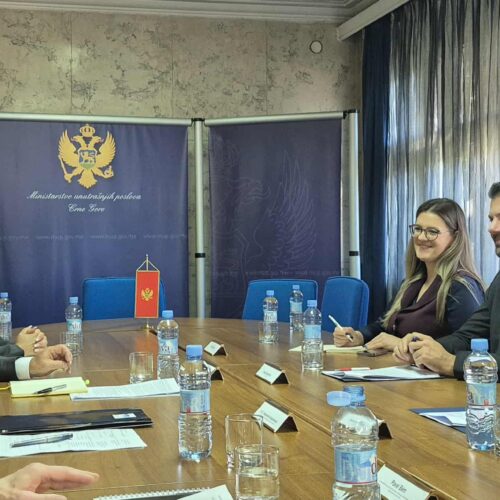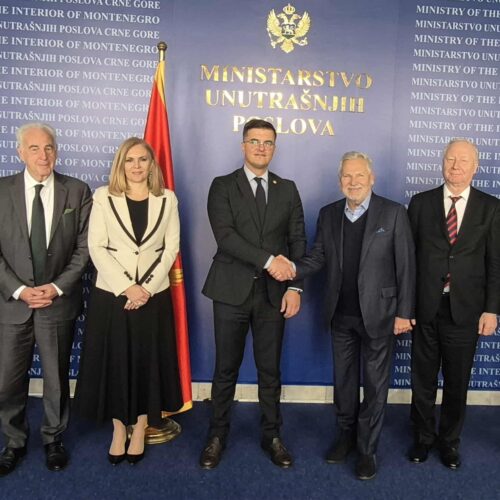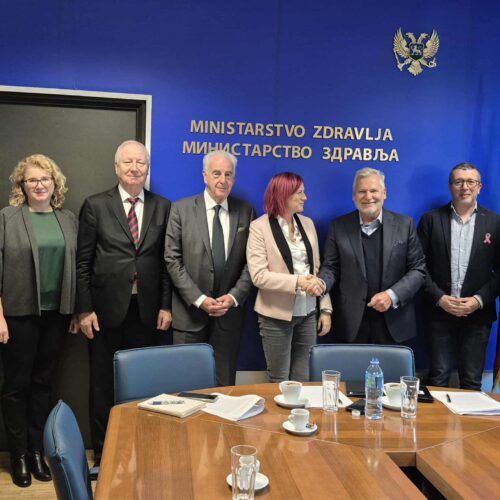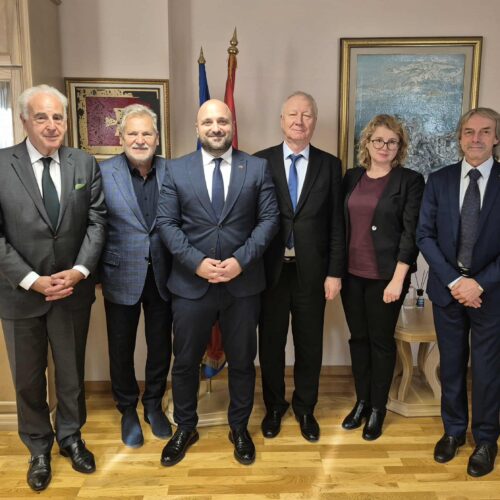From 27 to 30 October, the Commission conducted a visit to Montenegro.
The timing of the visit was highly favorable, providing strong momentum for advancing drug policy reform, given the significant progress achieved by the Government of Montenegro on its path toward EU accession.
During the visit, Commissioners held high-level meetings with key state authorities, members of Parliament, representatives of UN agencies, and civil society organizations. A regional consultation was also organized with civil society representatives from Montenegro, Serbia, North Macedonia, and Bosnia and Herzegovina.
The Commission agreed to cooperate with the Government of Montenegro on four key priorities:
- Decriminalization of simple drug possession – Current legislation does not distinguish between possession and trafficking; approximately 40% of prison inmates are serving sentences for drug-related offenses.
- Abolition of compulsory treatment – All convicted individuals who use drugs are currently required to undergo mandatory treatment, which has proven ineffective and inconsistent with human rights standards.
- Securing state funding for harm reduction programs – As Global Fund support is expected to end by 2027, national funding mechanisms must be established to ensure sustainability.
- Improved coordination among authorities and stakeholders – There is a clear need for better coordination across institutions. The Ministry of Health should continue to play the leading role, unlike in many other countries in the region where the Ministry of Interior dominates drug policy.
The Commission plans to continue its follow-up work in Montenegro. The Minister of Justice has requested the Commission’s recommendations regarding amendments to the Criminal Code, which is currently under review. In addition, cooperation continues with the Office of the President and the EU Ambassador to ensure that drug policy issues are included in the EU–Montenegro negotiation process.
The Commissioners are also considering a second visit to Montenegro within the next 18–24 months to assess progress and strengthen cooperation.
